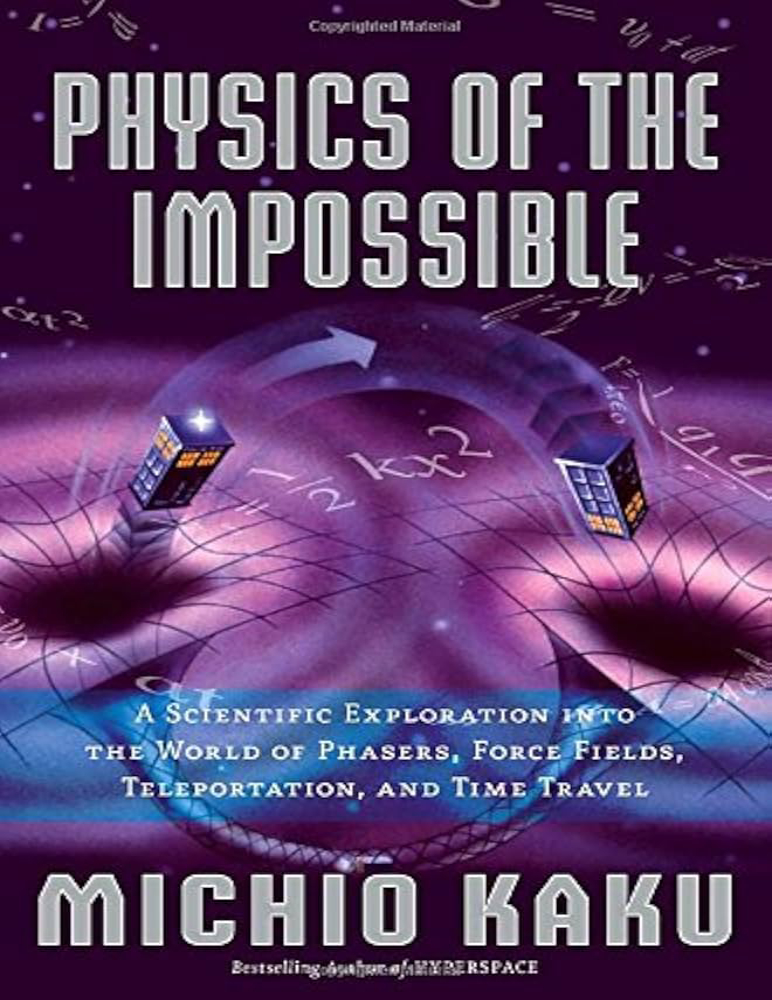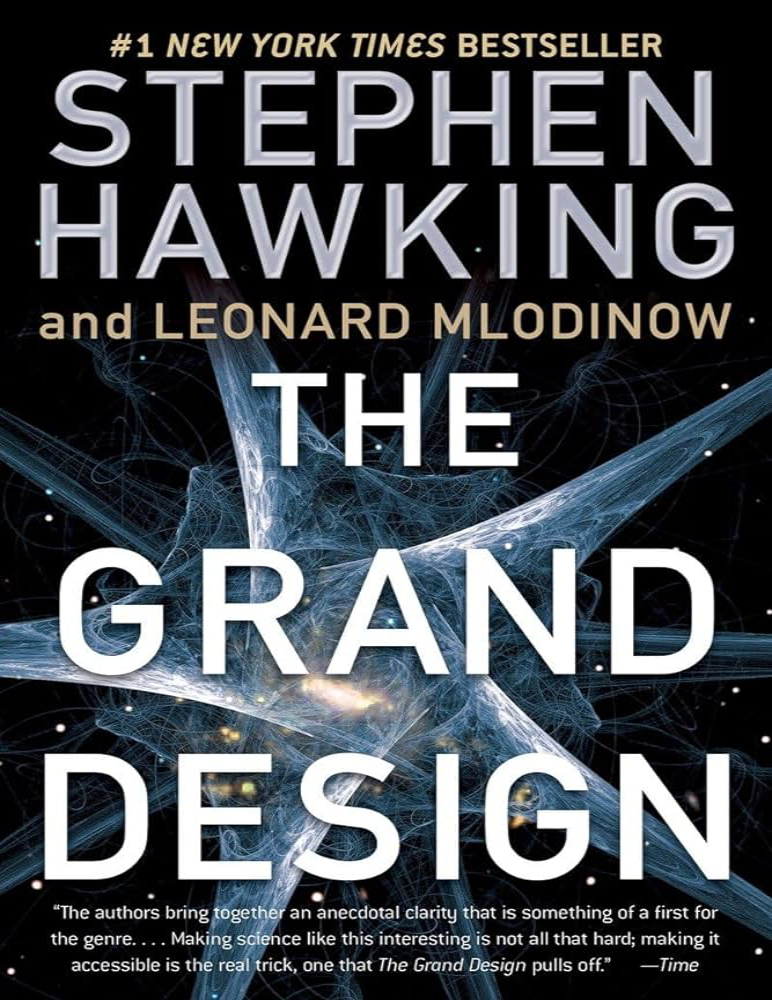Description
Dive into the intriguing world of speculative science with “Physics of the Impossible,” an engaging eBook that examines concepts once deemed fantastical, yet grounded in scientific principles. Written for curious minds and science enthusiasts, this book explores how some of the most imaginative ideas in science fiction might one day become reality.
Key Features:
- Concepts of the Impossible: Discover what is meant by “impossible” in the context of physics. Explore the boundaries of current scientific understanding and the potential for breakthroughs that could redefine our perceptions of reality.
- Time Travel: Delve into the theories surrounding time travel, including wormholes, time dilation, and the implications of Einstein’s theory of relativity. Examine the scientific challenges and paradoxes associated with traveling through time.
- Teleportation: Learn about the principles of quantum mechanics that underpin the concept of teleportation. Explore how particles can be teleported and the potential for future applications in technology and transportation.
- Invisibility: Investigate the science behind invisibility cloaks and optical camouflage. Understand the principles of light manipulation and how advancements in materials science could lead to the creation of cloaking devices.
- Antigravity and Warp Drives: Examine theories of antigravity and faster-than-light travel, including the concept of warp drives. Explore the challenges of achieving such technologies and their implications for space exploration.
- Robotics and Artificial Intelligence: Discover the future of robotics and AI, including the potential for machines to mimic human abilities and consciousness. Discuss the ethical implications and the impact on society.
- Alien Life and Extraterrestrial Intelligence: Consider the possibilities of life beyond Earth and the scientific search for extraterrestrial intelligence. Explore the criteria for habitability and the technologies involved in space exploration.
- Scientific Exploration and Imagination: Reflect on the role of imagination in scientific discovery. Learn how science fiction has inspired real-world scientific advancements and the importance of thinking beyond current limits.
- Future Technologies: Engage with predictions about future technologies that could revolutionize our world. Consider how emerging fields, such as nanotechnology and biotechnology, might bring some of these “impossible” ideas to life.





Abosede –
“Physics of the Impossible” is a captivating and mind-bending exploration of scientific phenomena that defy our conventional understanding. It transports readers to the frontiers of science, where the lines between the possible and impossible blur. Michio Kaku seamlessly weaves together cutting-edge research and accessible language, providing a tantalizing glimpse into the uncharted realms of physics. This book is a must-read for anyone fascinated by the hidden wonders of the universe and the relentless pursuit of scientific breakthroughs.”
Wale –
“Physics Of The Impossible” is an extraordinary exploration of the frontiers of physics. It illuminates mind-bending concepts with clarity and enthusiasm. This book left me awestruck, expanding my understanding of the universe’s potential and inspiring me to question the perceived limits of reality. Its insightful perspectives on topics such as time travel, teleportation, and consciousness ignite the imagination and inspire a sense of wonder. A must-read for anyone fascinated by the intersection of science and the unknown.”
Kehinde –
“This book is a fascinating exploration into the enigmatic realm of quantum physics, where the impossible becomes possible. With clarity and wit, the author guides us through the complexities of entanglement, teleportation, and time travel, challenging our understanding of the world. The insights and thought-provoking ideas presented in this book will ignite a spark of wonder and inspire readers to question the very nature of reality. Highly recommended for anyone curious about the frontiers of science and the limits of human knowledge.”
Damilola –
“Physics of the Impossible” is a thought-provoking and illuminating read that explores the boundaries of theoretical physics. Author Michio Kaku delves into mind-boggling concepts such as time travel, teleportation, and antimatter, presenting them in an accessible and engaging manner. With impeccable research and a knack for storytelling, Kaku captivates the reader’s imagination while challenging preconceived notions about the nature of our universe. This book is a must-read for anyone intrigued by the limits of human knowledge and the mind-bending possibilities that the future may hold.”